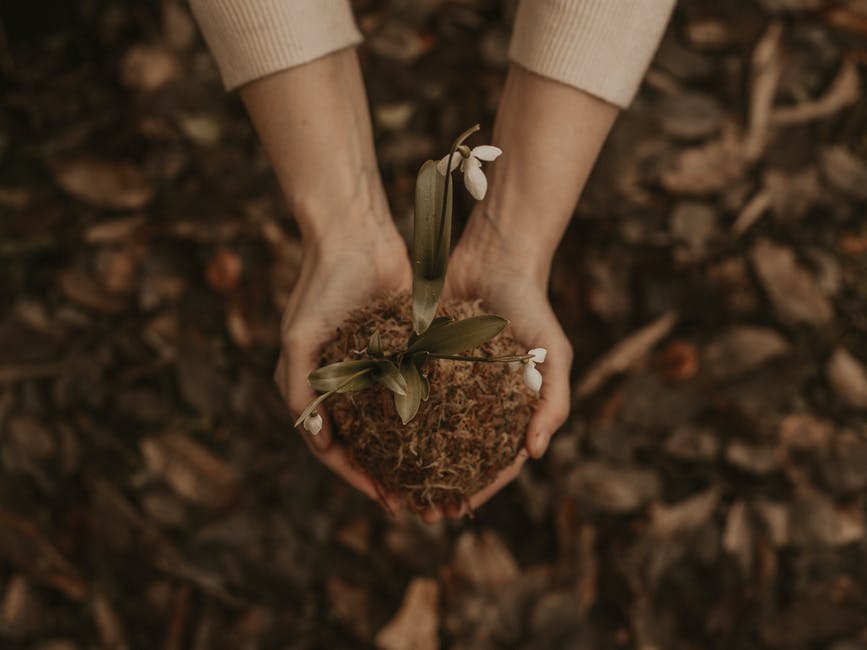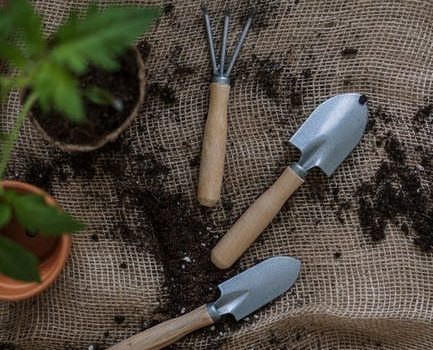
Organic gardening is a hobby that anybody can do in order to relax. However, for someone who does not have any experience with gardening, the thought of starting, or maintaining, a garden can be intimidating. How can you begin to learn about organic gardening? Well, reading through the tips in this article is a start.
Your children will enjoy being involved with your organic gardening endeavors. A garden can provide a wonderful learning experience for children, and will give you an opportunity to bond with them while you produce healthy food.
Water infused with aspirin is great for combating plant disease. Three aspirins per four gallons of water will help keep your plants healthy. The solution can then be used to spray the entire plant, and will offer protection naturally. Try spraying your plants with this around every three weeks.
If sustainability and organic gardening are appealing to you, leave a portion of the property you own undeveloped to give wildlife a place to thrive. Doing this will allow creatures that help plants to produce and pollinate to continue their actions, which will have a positive effect on the garden you develop.
It can be easy to prepare the soil in a perennial garden. Use a spade to dig up some soil, flip the soil over, and finally, sprinkle around 3-4 inches of wood chips on the soil. Let this sit for a couple weeks, next dig into it to plant your new plants.
Try to work as efficiently as possible when gardening. Have your tools laid out in an orderly way so you do not have to search for them. Before you make a trip to your garden, you should gather all tools and items in advance. Afterwards, be sure to return them to their original storage place. You can use a tool belt, or you may want to wear pants with extra pockets.
Pine Needles
Pine can make surprisingly great mulch. Some plants are highly acidic, and like soil that is acidic too. Pine needles are an excellent form of mulch for these types of plants. Covering your plant beds with a layer of pine needles will allow the pine needles to disperse their acidic nutrients into the soil for your plants.
Use a laundry basket to help you collect produce from your garden. An old laundry basket makes an excellent strainer for cleaning your produce. Rinse the product off whilst it’s in the basket so that any extra water can strain through the laundry basket’s holes.
Construct raised flower beds of brick, stone, or wood. If using wood, make sure it’s naturally rot resistant and untreated. The best varieties include cedar, locust and cypress wood. In a vegetable garden, never use treated wood, as the chemicals can leach out into the soil and food crops. If you have placed treated wood in your garden, line it with a coat of plastic.
This article should give you a good idea why organic gardening is a great activity. Taking care of a garden is a fun and relaxing experience. Use these tips to get your organic garden up and running in no time.
